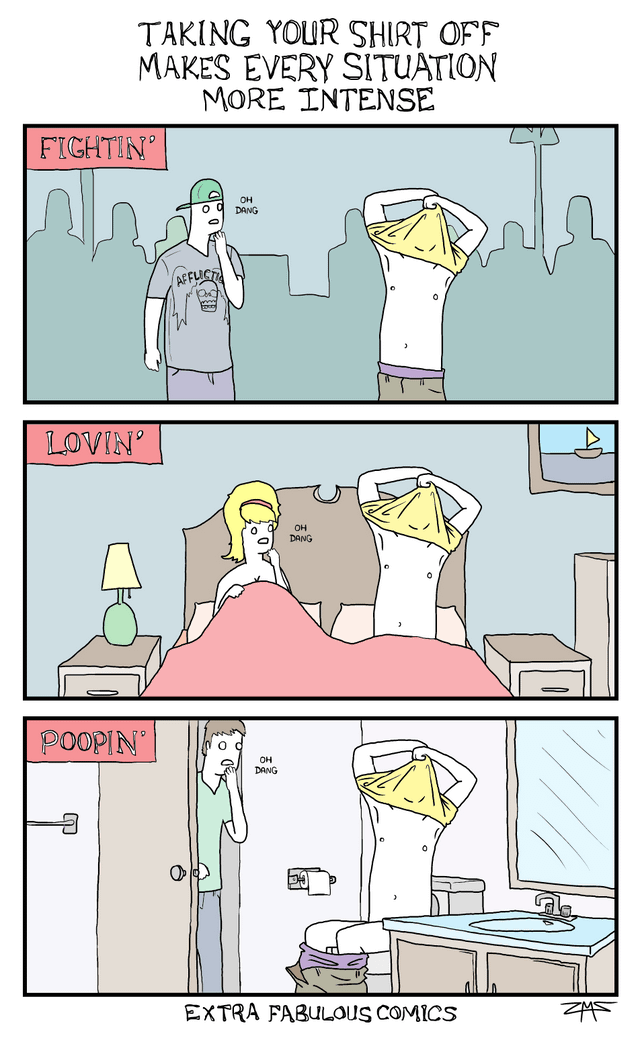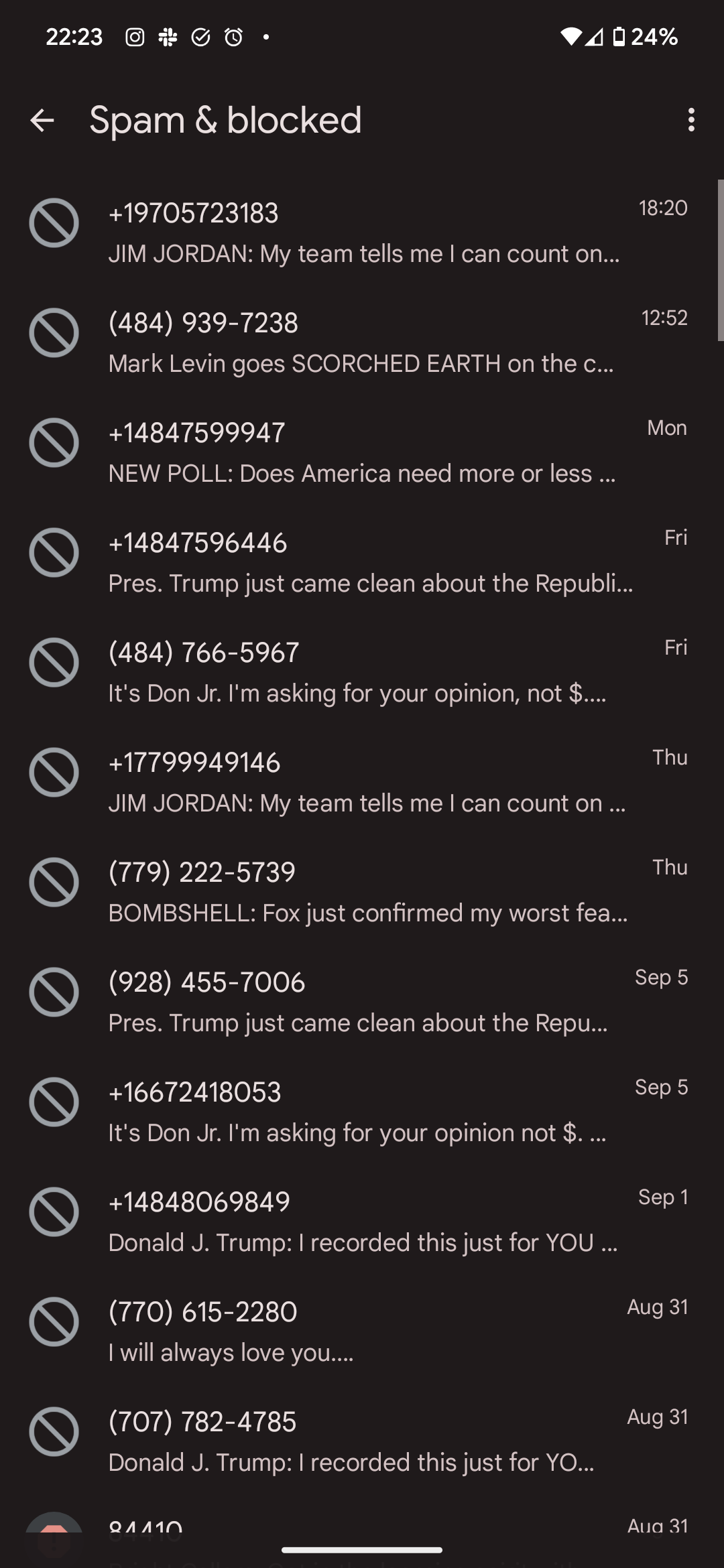Don't forget that from Daniel's testimony, we learned Trump coerced her under threat of blackballing her in the television industry.
Daniels testified that she thought they would be going to a restaurant, and eventually used the bathroom in Trump's hotel room, but upon re-emerging was surprised to find Trump stripped to his underwear sitting on the bed. Daniels testified she said "I think we should go" and moved toward the door but Trump allegedly stood in her way saying in part, "This is the only way you're getting out of the trailer park." Daniels could not remember how she ended up on the bed, but testified that they had sex in the missionary position and Trump chose not to use a condom. Daniels insisted she was neither forced nor under the influence, but also said it wasn't something she wanted and that she "blacked out".


My understanding is that the IA had implemented a digital library, where they had (whether paid or not) some number of licenses for a selection of books. This implementation had DRM of some variety that meant you could only read the book while it was checked out. In theory, this means if the IA has 10 licenses of a book, only 10 people have a usable copy they borrowed from the IA at a time.
And then the IA disabled the DRM system, somehow, and started limitlessly lending the books they had copies of to anyone that asked.
I definitely don't like the obnoxious copyright system in the USA, but what the IA did seems obviously ~~wrong~~ against the agreement they entered into. Like if your local library got a copy of Book X and then when someone wanted to borrow it they just copied it right there and let you keep the copy.
ETA: updated my wording. I don't believe what the IA did was morally wrong, per se, but rather against the agreement I presume they entered into with the owners of the books they lent.